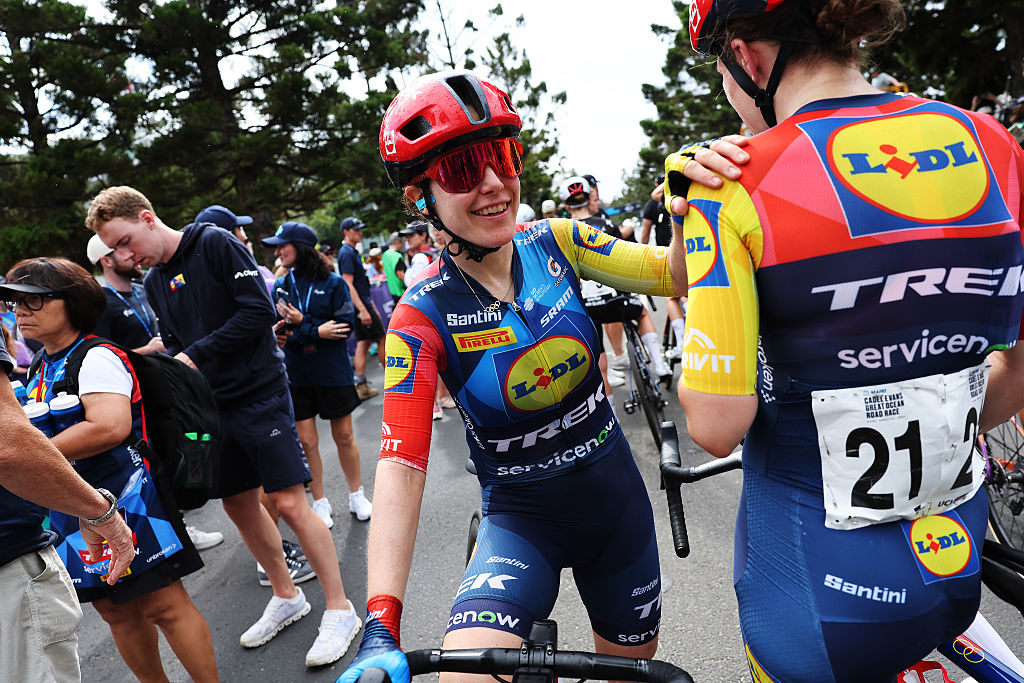Can Cavendish win for a fifth time on the Champs Elysees?
Kittel and Greipel ready for final spring in Paris
The latest race content, interviews, features, reviews and expert buying guides, direct to your inbox!
You are now subscribed
Your newsletter sign-up was successful
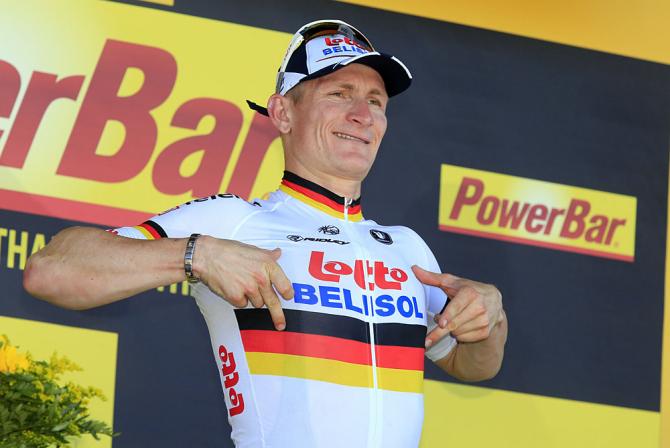
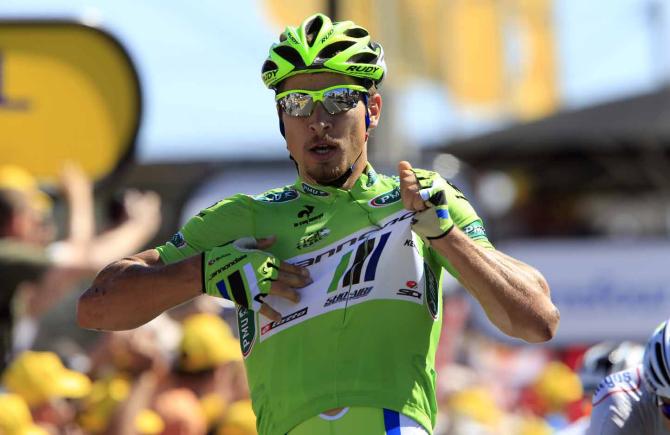
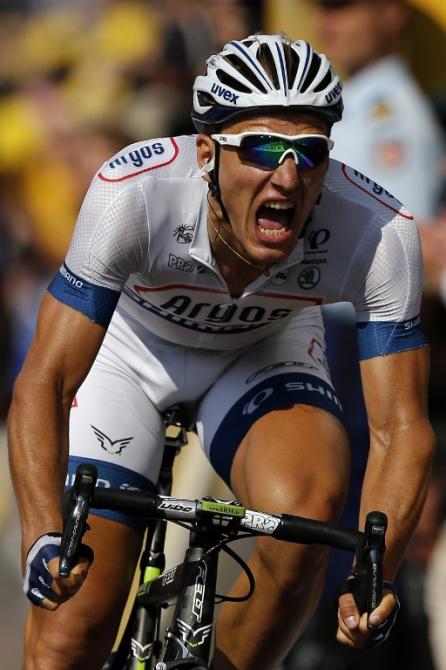
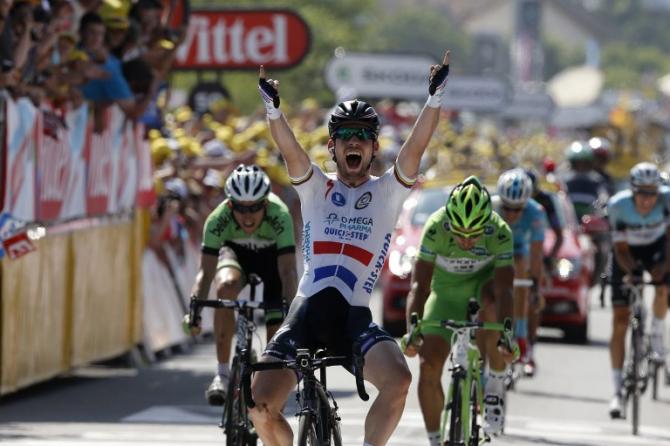
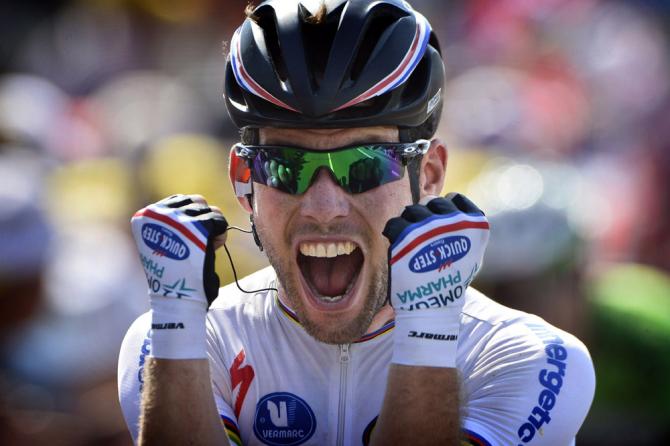
During the 100 editions of the Tour de France sections of road, mountain climbs and even corners become hallowed ground and made history. This year celebratory Tour has included spectacular finishes on Mont Ventoux and Alpe d’Huez, but no Tour de France would be complete without the parade and final sprint on the Champs Élysées in Paris.
Tour de France video: Henderson and Greipel talk winning sprint combination
Kittel wins third Tour de France stage in Tours
Cavendish heaps praise on team after dramatic Tour de France stage 13 win
Video: Cavendish reflects on his 25th Tour win and the beauty of the race
Former riders gather in Paris to celebrate the 100th Tour de France
The final day sees the peloton ride the cobbled road in an evening spectacular, with the stage set to finish around 9:30pm local time and then a spectacular light show and fireworks to end the celebrations in style.
This year race has been particularly tough for the sprinters, who’ve had to battle hard just to make the time cut at the finish of most of the stages. Despite the tough terrain all of the main contenders have made it to the final day, with Mark Cavendish (Omega Pharma-Quick Step) chasing a fifth consecutive victory in cycling's fastest and most prestigious sprint. Cavendish will be challenged by Marcel Kittel (Argos-Shimano) and Andre Greipel (Lotto Belisol).
“It’s been difficult,” Cavendish said of his Tour while speaking exclusively to Cyclingnews. “Compared to last year it’s been about 40% more in terms of climbing metres. It’s taken its toll and it's been about survival and it’s been tough for everybody.”
Kittel is confident
Three men have dominated the sprints in 2013: Kittel, Greipel and Cavendish. They have won every sprint available.
Marcel Kittel is leading the standings after racking up three stage wins for his palmarès. The Argos-Shimano rider won on the opening day in Bastia, to take yellow, but his finest win this year came in a head to head with Cavendish on stage 12. The Manxman has taken two of his own, with Greipel racking up a single victory.
The latest race content, interviews, features, reviews and expert buying guides, direct to your inbox!
We are yet to see a full, shoulder to shoulder sprint between all three, but that should happen on the Champs Élysées, with Kittel keen to take Cavendish's crown.
The young German has been the man to beat at this year’s race. However, Cavendish currently has a stranglehold on Champs Élysées success. The Manxman has taken four straight victories on the final stage of the Tour. Could Argos-Shimano put an end to his reign?
“We’re quite confident,” Kittel’s leadout man Koen de Kort told Cyclingnews. “Marcel is still feeling really good. Unfortunately we lost Tom Veelers, but I think we should be able to do the leadout without Tom as well. We did it before when Marcel won, because Tom Veelers was still having too much trouble after his crash. So I’m quite confident that we can do it and let’s hope that we can win again.”
The sprints so far
When Kittel managed to do the unimaginable and beat Cavendish in a straight forward sprint, the Manxman could only commend his rival, after the Argos-Shimano sprinter passed him just before the line.
Cavendish took a while to get going at the Tour, suffering mishaps in the leadout and being hampered by crashes. He finally got off the mark on stage five and was one of only two sprinters to make it into the front group when Saxo-Tinkoff ripped the remainders of the peloton apart on stage 13.
Greipel's campaign has also suffered a number of setbacks. The German’s bike was broken in the huge crash of stage one and he was caught behind another crash, involving many of his leadout men, on stage 12.
His one success came on stage six when he beat Peter Sagan to the line in Montpellier. His leadout received a setback when Marcel Sieberg – his second to last man - crashed out on the descent of the Col de Madeleine on stage 19.
"[Losing Marcel Sieberg] is a really bad thing for us,” said Greipel. “He was one of the key factors in our leadout. Obviously it’s not the best scenario, but we will be ok.”
Omega Pharma-QuickStep directeur sportif Brian Holm told Cyclingnews that he doesn’t think that Sieberg’s departure will take Greipel out of the game.
“It’s never easy to beat Greipel, he’s a bloody good cyclist. For sure losing Sieberg is not exactly an advantage, because he’s a good kid and a brilliant leadout man,” he said.
Sprinters, sprint trains and Sagan too
The final lap in Paris won’t just be a battle of sprinters, it will also be a battle of the leadout trains, which have become a defining factor in the flat stages and sprints this season. Despite Omega Pharma-QuickStep faltering at times Holm believes his team can get it together for the final stage.
“I still believe we have the best sprint train,” said the Dane. “Unfortunately Kittel was faster in the final one time, but we have faith in our troops and we will do the same as always, it’s not rocket science. Then it’s up to Cav.”
When talking about sprinting, it would be mistaken to count out the green jersey wearer Peter Sagan. The Cannondale rider has dominated the points competition. He won stage seven in Albi after his team blew the race apart in the hills but he is yet to notch up a true sprint victory at this year’s race. The Slovakian has come through the mountains better than the pure sprinters and, with the final week being so hard, it could be a factor, making him a much bigger threat on the Champs Elysees.
Whatever happens and whoever wins, the evening, sunset setting should provide us with some spectacular viewing and a spectacular sprint finish to the 100th edition of the Tour de France.
Born in Ireland to a cycling family and later moved to the Isle of Man, so there was no surprise when I got into the sport. Studied sports journalism at university before going on to do a Masters in sports broadcast. After university I spent three months interning at Eurosport, where I covered the Tour de France. In 2012 I started at Procycling Magazine, before becoming the deputy editor of Procycling Week. I then joined Cyclingnews, in December 2013.
